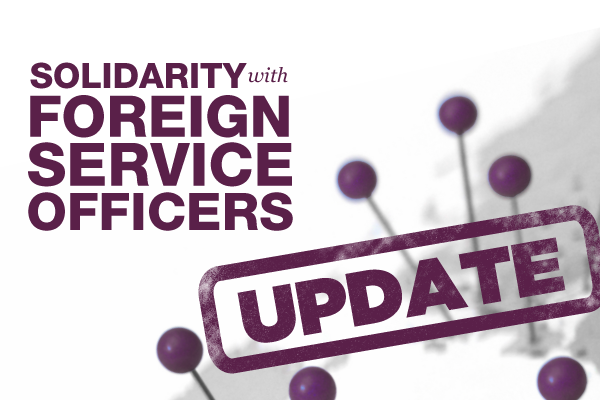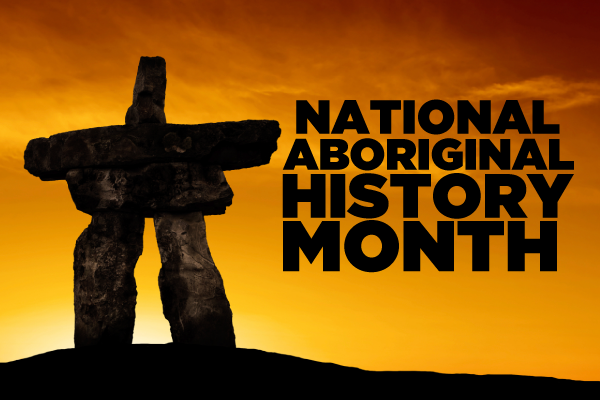
On top of dealing with their physical pain, injured workers often have to grapple with a new sense of identity. According to Sharon-Dale Stone, an associate professor of sociology at Lakehead University and the principal investigator for a study on injured workers, there’s a stigma associated to being an injured worker.
Her paper, entitled Workers Without Work: Injured Workers and Well-Being, looks at how injured workers’ well-being suffers as a result of being deprived from work. Stone and her team of researchers conducted twelve focus groups in Western Ontario to obtain first-hand accounts on how their lives were impacted by their injuries.
“For me, personally, it was gratifying to be able document these stories because I had known for a long time about all the horrible things that had happened to injured workers,” said Stone during a phone interview. “And by documenting what they go through and publishing it, I would be in a position to make some small level of change.”
Injured workers are often met with a sense of distrust – as if all they want to do is stay home and get paid. But Stone’s study suggests that most workers truly want to get back to work; their injury is a devastating and distressing event in their lives.
“The hardest thing of my life was not being able to go back to nursing,” said one woman in Stone’s study. “That’s what I loved. I truly loved it and I was working towards my RNs, I was working and going to school, unions, Friday night and Saturday.”
“We live in a society that encourages all of us to distrust each and everybody else,” explained Stone. “We also live in a society that privileges the visible, which means that if you have any kind of invisible injury or disability, you’re automatically suspected of trying to get away with something.”
“It’s a huge problem because most disabilities aren’t visible.”
In addition to coping with their new reality, injured workers also have to deal with family members and co-workers who aren’t as understanding of their situation.
“The hardest part is when you get some co-workers saying well, ‘I wish I could be off like you’, and stuff like that,” said one man, who was a pipe fitter.
Another participant of Stone’s study, a bulldozer operator, reflected on the lack of understanding from his family.
“With my family, I think I was totally rejected, because I wasn’t working,” said the man. “My father is very traditional where, you know, you never miss a day. You work, and you work no matter whether it’s raining or, if you are sore, whatever.”
Some injured workers reported feeling abandoned by co-workers with whom they were close.
“I still don’t talk to almost all the men that worked for me for all those years,” said one construction worker. “Before that, we might well have been sitting in the bar together all evening or spent the weekend in. As soon as I was hurt, hey, you’re an outcast; you’re out of it!”
On top of all that, injured workers also have to deal with the difficult process of claims, retraining or obtaining modified duties. One participant in Stone’s study, an equipment operator with back, shoulder and neck injuries, recounted how his employer’s concept of modified duties was to have him wheel cement using a wheelbarrow.
Leslie Sanderson, a labour relations officer with the Union of National Employees, said this situation is often a product of poor medical evidence – in fact, she says it’s often the biggest hurdle to obtain proper accommodation.
“Employers, employees and unions have to rely on medical opinions,” explained Sanderson. “If your doctor isn’t familiar with the process of providing medical recommendations for accommodations, that becomes a difficult task for everyone relying on that information.”
According to Sanderson, a common difficulty is getting doctors to provide the proper information. She said employers should be sending proper letters asking for proper information, along with the employee’s job description.
“When did you see the person? What’s the prognosis for return? What are the restrictions and limitations on this person returning to work and what are the recommended accommodations? A lot of doctors do not understand what is required – and a lot of employers don’t send the job description along with this letter. The doctors really need that document to understand the worker’s position.”
But even if employees succeed in getting modified duties, they can still be faced with a lack of understanding from their co-workers. In Stone’s study, one customer service clerk shared her experience:
“My coworkers are something else,” said the woman. “They make you feel like you’re this high, cause you can’t do something. And they’ve actually voiced it. ‘Do we have to do everything around here?’… and I don’t appreciate them rubbing it in my face on top of it. Because an injury is not just – it comes with a lot of other problems that you have to deal with. So you don’t – you don’t need that. You don’t need the BS from co-workers that don’t understand it.”
Sanderson often encourages members with significant health problems to be open with their employer.
“That comes with some risks,” she cautioned. “But if you’re open with them, there seems to be more trust created. It’s easier for people to understand that.”
Sanderson believes the issue of accommodation is especially topical, given the aging demographic of society as a whole.
“Personally, I feel that we should never have to deal with accommodation issues in a grievance,” said Sanderson. “It should be a process where we’re all working together to get a worker back to work as quickly as medically possible.”
As for Professor Stone, she would like to see unions regularly educating their membership on the issue of injured workers – going beyond injury-prevention training and focusing on how to treat injured workers.
“They should be sensitising everybody to the fact that it’s not the worker’s fault that they got injured. They need the support of their co-workers. They need the support of their union. They need the support of management.”









